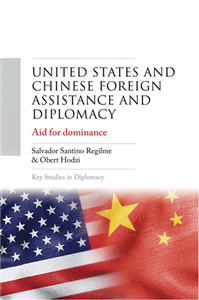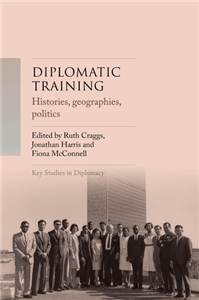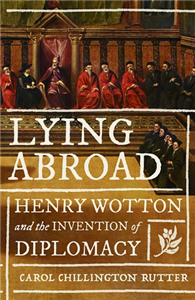History of Ancient Chinese Diplomacy
by Yuan Nansheng
Ancient Chinese diplomacy refers to diplomatic activities during the period from the beginning of ancient diplomacy to the outbreak of the Opium War in 1840. The manuscript describes the history of this period. The Xia, Shang, and Western Zhou Dynasties were the emergence and formation of ancient Chinese diplomacy. The Spring and Autumn and Warring States Periods were the development of ancient Chinese diplomacy. The Han Dynasty was the stereotype of ancient Chinese diplomacy. The Tang Dynasty was the heyday of ancient Chinese diplomacy. The period of transformation of ancient diplomacy. Ancient China's diplomacy is foreign affairs diplomacy. The revelation left is that the stronger the national strength, the more capable it can be, and the more rational compromise, the more it can make a difference. The readers of the manuscript are researchers of Chinese history and diplomatic history, and students of Chinese history and diplomatic history.






















